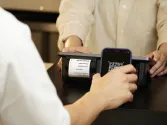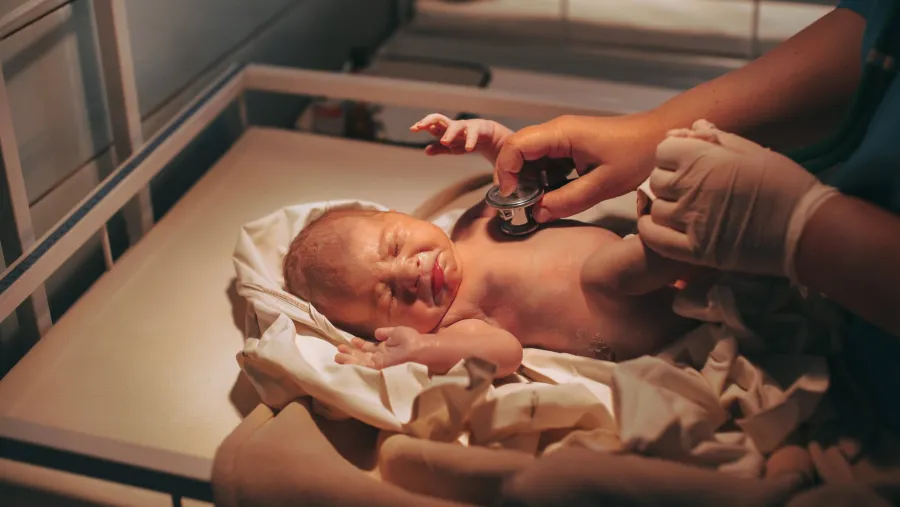
Australian gov’t unveils neonatal retrieval units in Queensland
The units are compatible with a wide range of retrieval vehicles.
The Australian government has introduced two purpose-built neonatal retrieval units designed to provide critical care for infants in Queensland.
Each unit, costing approximately $220,000 (A$350,000), was developed through a collaboration between Queensland paediatric retrieval specialists and aeromedical engineers.
The units are compatible with a wide range of retrieval vehicles, including road ambulances, helicopters, and fixed-wing aircraft.
“Babies are transferred to the Queensland Children’s Hospital or other major hospitals for specialist treatment for a range of conditions such as sepsis, cardiac issues or complex respiratory illnesses,” the government said.
A$1 = $0.63


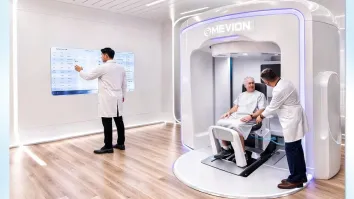
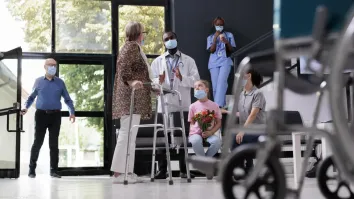

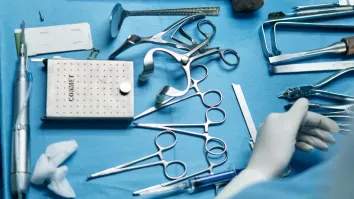













 Advertise
Advertise


